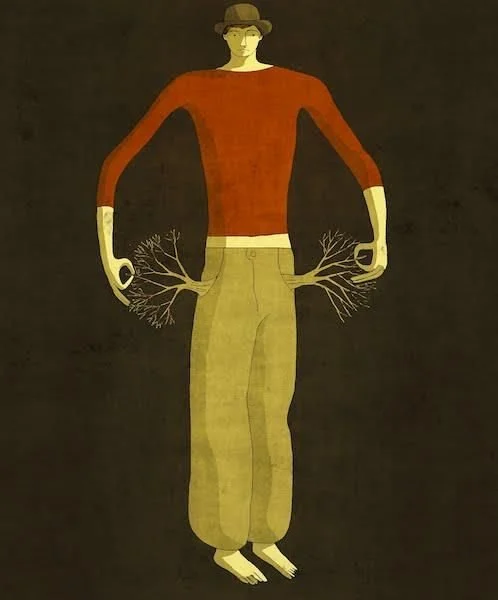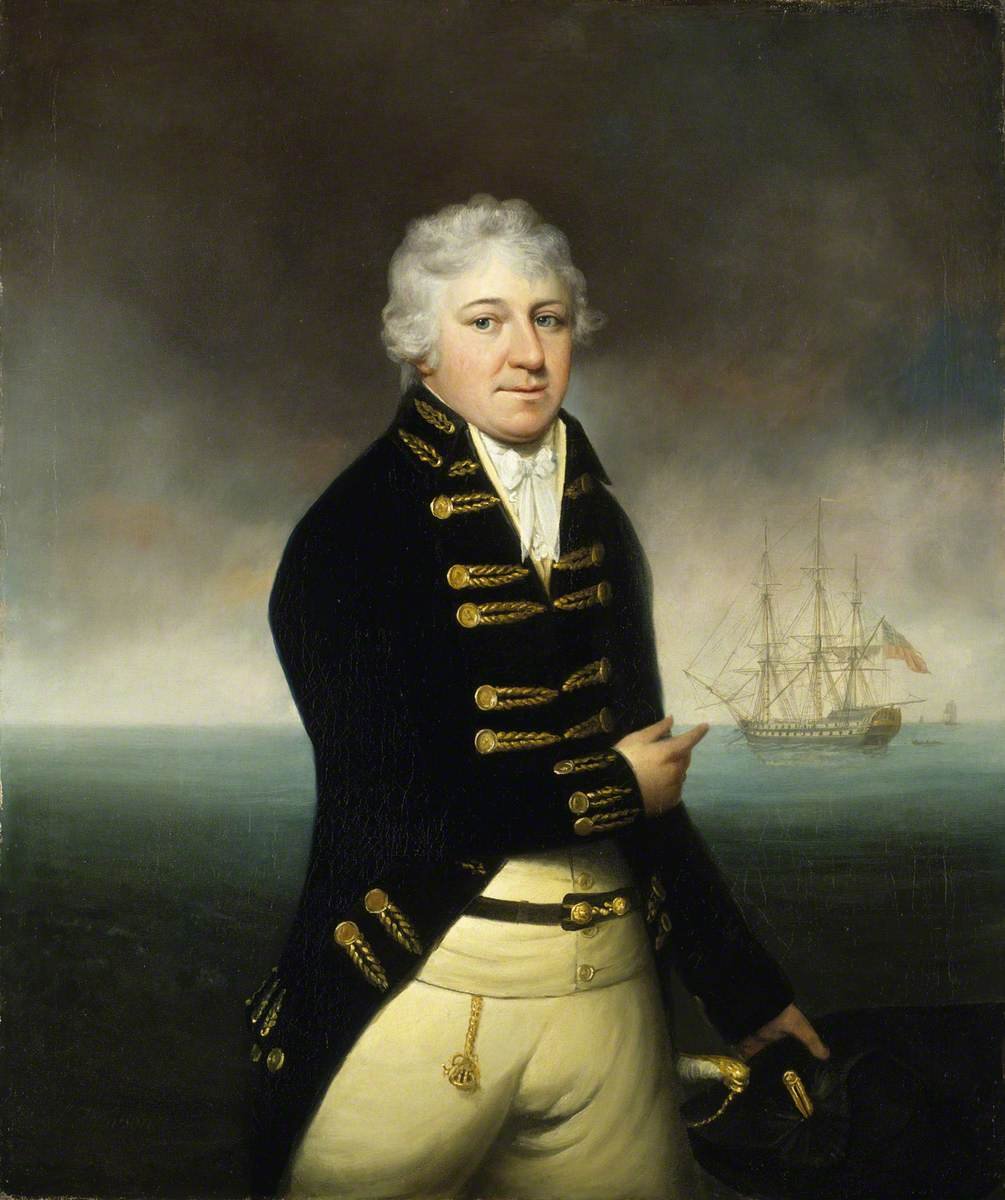Our world has changed rapidly and most of your, as well as my business meetings, probably now take place online through various apps. Curiously, in WhatsApp, for example, the conversation starts with excellent sound quality, but after 30 minutes there is often such a nasty echo that you have to interrupt the conversation and call again.
Whatever process you take in life, you see the same phenomenon everywhere. Over time, even the most beautiful “system,” be it a mobile app, the bottom of a ship, a skyscraper, a state, an organization, or an individual, tends to accumulate noise, garbage, seaweed, barnacles, dirt, dust, waste, lies, and mistakes. All this crap can be called the beautiful word entropy. We know from the second law of thermodynamics that entropy will steadily increase in a closed, nonequilibrium system. I see it now on the example of my apartment, which in just a week without cleaning turns into the Kazakh steppe with a tumbleweed of dog hair in every corner.
The conclusion? The system cannot simply be left unattended. Returning later, we risk finding non-functional junk, a nibbled backbone or dēlīrium, i.e. nonsense. Renewal, restart, renaissance, transformation is not a whim, but a hygienic norm. Not only survival, but also prosperity depends on it. With respect to a software product, this statement is self-evident. But how often does the founder of an IT company apply this thought to the assumptions underlying his business, his relationship with his partner, much less himself?
Yours sincerely,
-Alexander
You can help Ukraine defend itself and the World from Russian aggression here.
”Who are you and what do you do?"
As a business therapist, I help tech founders quickly solve dilemmas at the intersection of business and personality, and boost company value as a result.
"I have an extremely important business decision to make. Can you help me?
Reserve a time on my calendar that is convenient for you to meet with me. We'll clarify your request and discuss options for how you can help.





















